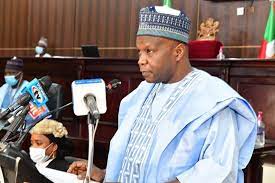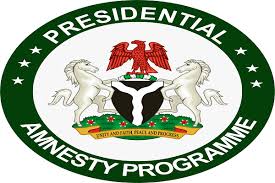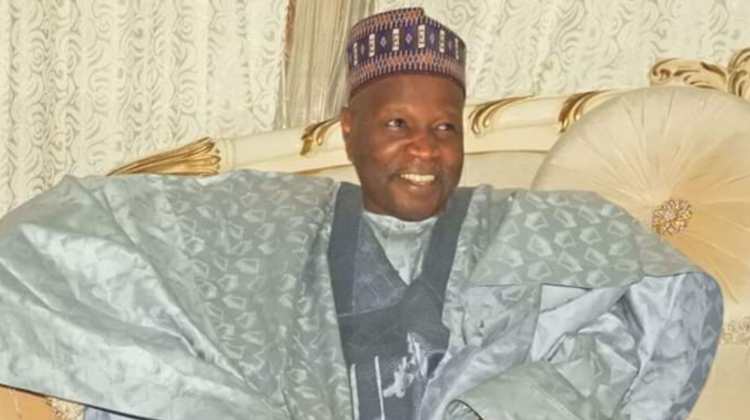Gombe state Governor Muhammadu Inuwa Yahaya has restated his administration’s commitment to promoting the welfare and professional growth of educators, as well as addressing infrastructure and human resource gap to boost performance and productivity across all levels of education.
The governor restated this in his goodwill message on the occasion of this year’s World Teachers’ Day celebration.
He emphasised that teachers are the bedrock upon which the aspirations of future leaders are built, making their role indispensable to the progress of any society.
He acknowledged that teaching, though challenging, remains one of the most honorable professions on earth, and praised teachers in Gombe state and Nigeria at large for their invaluable contributions and sacrifices towards societal development, acknowledging their relentless efforts in imparting knowledge and wisdom.
On the theme of this year’s World Teachers’ Day, “The teachers we need for the education we want: The global imperative to reverse the teacher shortage,” the governor stressed the transformative and critical role teachers play in nurturing the potential of learners.
He reaffirmed his administration’s commitment to addressing the shortage of qualified teachers.
The governor said 1000 graduates were recently employed by his administration as teachers with the aim of addressing the human resource gap and repositioning the state’s education sector, to keep pace with the 21st-century challenges and realities.
According to him, “Under our administration, Gombe State has witnessed remarkable progress in the education sector. We have invested in infrastructure and facilities, including modern materials, to enhance performance and productivity at all levels of education.
“Notable achievements include the construction and renovation of over 1300 classrooms, upgrading of 5 Legacy Secondary Schools to Mega Schools with specialized facilities, and the enrolment of over 400,000 out-of-school children through the Better Education Service Delivery for All (BESDA) programme.”



